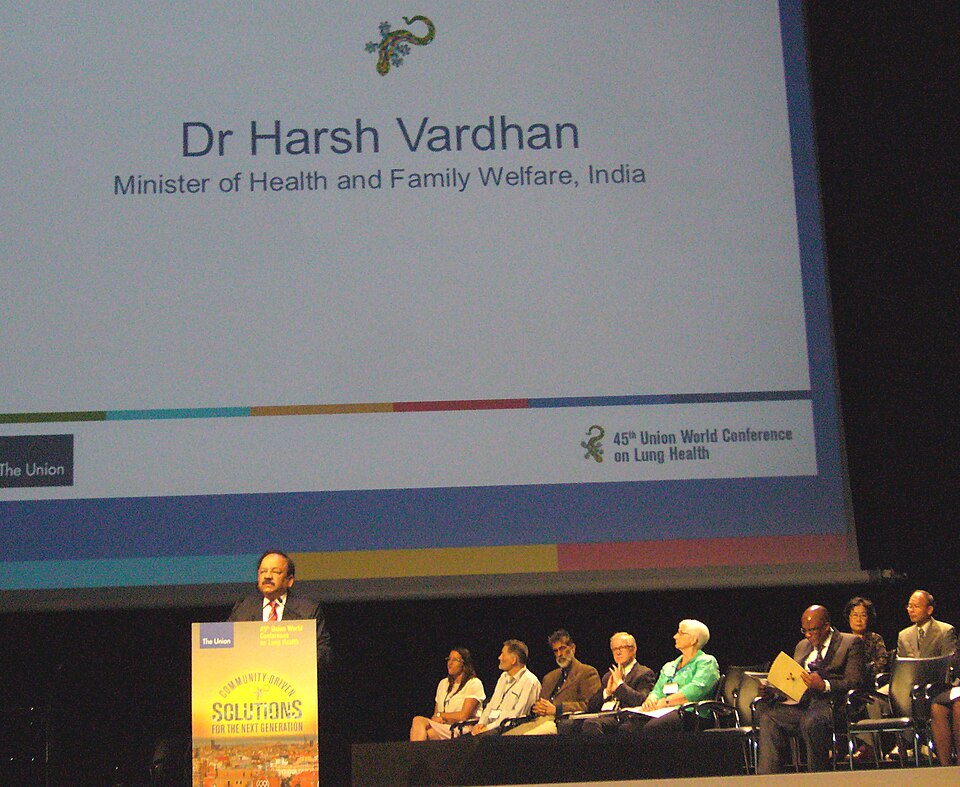Impact of Irregular Eating Patterns on Adolescent Health Issues

As World Health Day approaches with the theme 'Healthy Beginnings, Hopeful Futures,' health experts are emphasizing the critical role of consistent dietary habits in adolescent health. According to Dr. Sonia Gandhi, Head of the Department of Nutrition and Dietetics at Fortis Hospital in Mohali, irregular eating patterns and the skipping of meals contribute significantly to health issues among adolescents. In her statement on April 7, 2023, Dr. Gandhi noted that children with poor eating habits often fail to receive essential nutrients required for their healthy growth and development.
The significance of this issue is underscored by data from the National Family Health Survey (NFHS-5) conducted in 2019-2021, which revealed that nearly 30% of adolescents in India are undernourished. Health professionals link these dietary deficiencies to a rise in health problems such as obesity, diabetes, and cardiovascular diseases. Dr. Rahul Mehta, a pediatrician and nutrition specialist at AIIMS, New Delhi, asserts that the shift towards convenience foods and a sedentary lifestyle is exacerbating these issues. In his 2022 study published in the Journal of Pediatric Health, Dr. Mehta found that adolescents who regularly skip meals are 40% more likely to experience obesity-related complications.
The World Health Organization (WHO) highlights that dietary habits established during adolescence can have long-term implications for physical and mental health. Dr. Maria Neira, Director of the Department of Public Health and Environment at WHO, stated in a 2023 report that fostering healthy eating habits during this critical development stage is essential for reducing the prevalence of non-communicable diseases later in life.
Experts suggest that schools and parents play a pivotal role in encouraging balanced diets. The National Institute of Nutrition (NIN), in its 2021 report, advocates for educational programs aimed at promoting nutritional awareness among adolescents. Dr. Anjali Verma, a nutrition researcher at NIN, commented that integrating nutrition education into school curricula can empower young people to make healthier food choices.
Despite the growing recognition of the importance of nutrition, societal factors such as fast food availability, marketing of unhealthy food options, and the convenience of processed foods pose significant challenges. The Indian government has initiated various campaigns aimed at promoting healthy eating, yet the effectiveness of these programs remains to be fully evaluated. According to Dr. Pramod Kumar, a public health official at the Ministry of Health and Family Welfare, consistent public health messaging and community involvement are crucial in addressing these dietary challenges.
In conclusion, the implications of irregular eating patterns among adolescents extend beyond immediate health concerns. As society grapples with rising rates of lifestyle-related diseases, the need for a concerted effort to promote healthy eating habits becomes increasingly critical. As Dr. Gandhi emphasizes, fostering an environment conducive to healthy dietary practices can lead to healthier future generations, ultimately benefiting public health at large.
Advertisement
Tags
Advertisement





